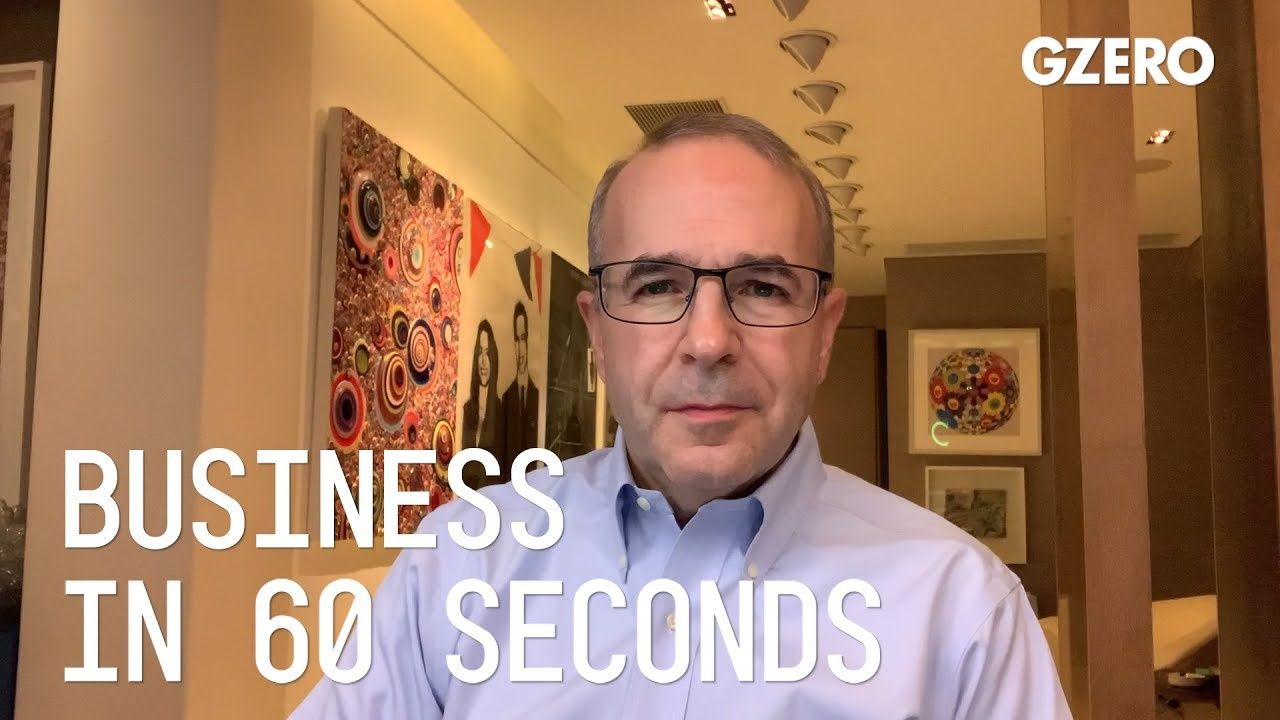
Kevin Sneader, Global Managing Partner at McKinsey, shares his perspective on corporate business leadership on Business In 60 Seconds:
What do we know now that we did not know four months ago when the coronavirus struck with vengeance?
I think there's a lot. First, we've learned about our economy. We know that we've now taken the elevator down and we're taking the stairs back up. We're seeing a return, as I observe what's happening across the world, but from a very low base. And the letter of choice is not an L, a V or a U, but I think it's a big question mark.
Secondly, we've learned about what we like in the workplace and what we do not. Indeed, much that has proven attractive about remote working has stuck. Time with family. The ability to source expertise wherever it may be located. But there's much that's not. After all, as many have said to me, there's a fine line between sleeping at the office and working from home.
Third, we've learned about leadership. As one CEO suggested, all the traditional stuff does matter. Being a good listener. Being aware of the details, able to see the big picture. But perhaps the most valuable capability is one that's not often associated with CEOs, it's being able to show some love, to show some love. We've learned that first and foremost, this is a humanitarian crisis and one where empathy and understanding have really proven to be the leadership qualities that matter.